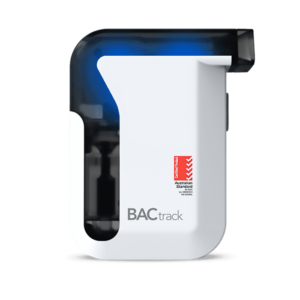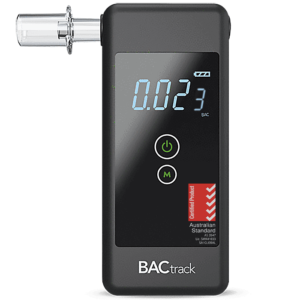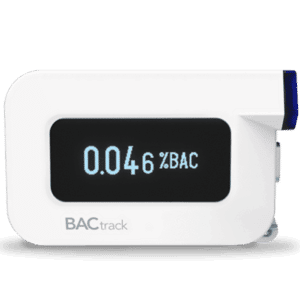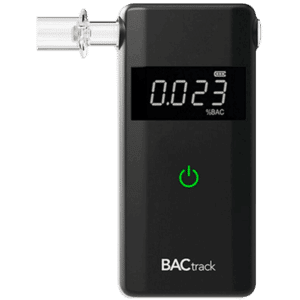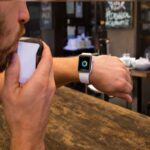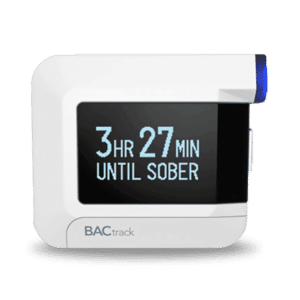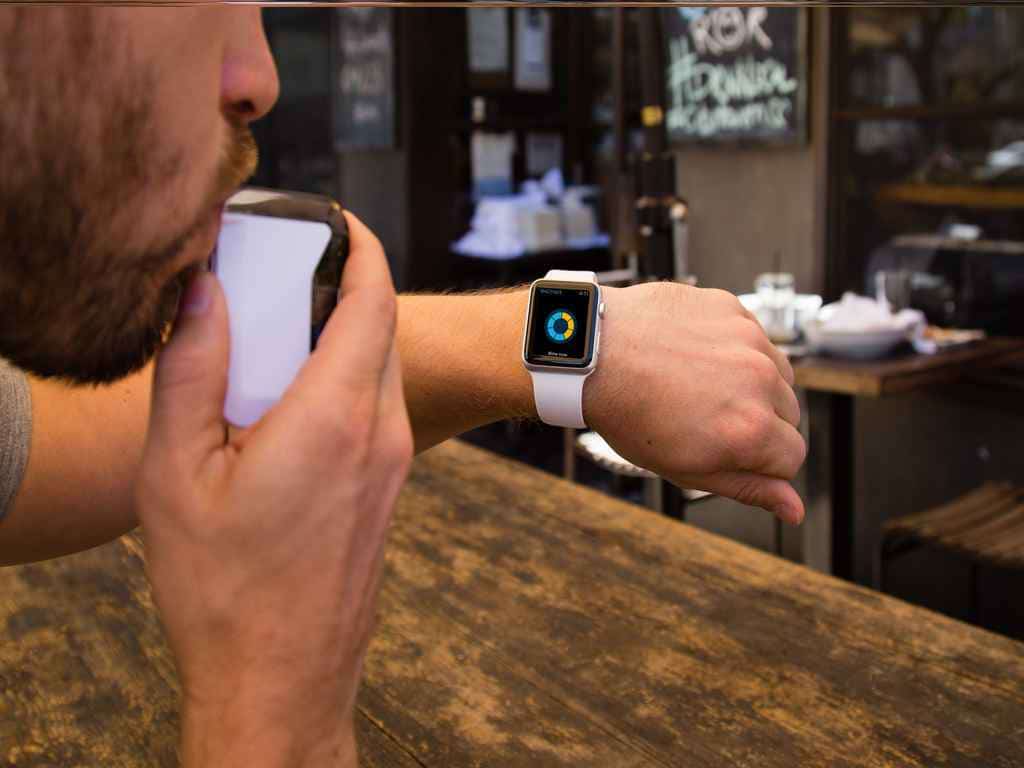
Breathalyzers are portable breath testing devices that measure your blood alcohol concentration (BAC). The device can instantly determine the BAC or intoxication level through your breath sample. Their use is wide and varied, ranging from personal to workplace, medical, and law enforcement. Professional breathalyzers such as those used by police rely on advanced sensor technology to accurately measure the BAC. The BAC results conducted by police on roadside screenings can cost you drink-driving charges. For example, if you exceed the legal limit for driving, which is 0.05% BAC, you will face not just heavy fines but also court trials, imprisonment terms, and driving disqualifications. With this in mind, it is essential to find out how are breathalyzers accurate.
Breathalyzers like BACtrack devices do not physically measure the alcohol concentration in the blood directly. Instead, it estimates the blood alcohol level based on the breath alcohol concentration (BrAC). As a result, no breathalyzer gives 100% accuracy in the test. Nonetheless, they are still highly accurate results. So, are breathalyzers accurate in court trials? If you exceed the legal limit, police can arrest you immediately. Police will ask you to take a blood sample test to get your exact BAC. However, in the case of a court trial, they can determine the severity of the charge solely from your BAC level taken roadside.
Are Breathalyzers Accurate: Factors that Affect BAC
Several factors can affect your BAC. However, it depends on the sensor you are using. For example, people with medical conditions such as diabetes or acid reflux reportedly can give false-positive results in semiconductor breathalyzers. It is because diabetes or other conditions increases the acetone in the body, which a breathalyzer can read as alcohol. Additionally, a room full of alcohol liqueur or fumes can affect your alcohol breath test. So how are breathalyzers accurate? Professional-grade breathalyzers such as BACtrack devices and police breathalyzers use accurate sensors to measure the alcohol in the breath sample. For example, the BACtrack Pro breathalyzers use fuel cell sensors that accurately measure the BAC. Fuel cell sensors are particular and sensitive to ethanol and do not detect the other chemical compounds in the breath. Therefore, they do not give false-positive BAC results and have the slimmest margin of error.
Lastly, how are breathalyzers accurate over time? The device may build up alcohol residue in the sensors after several applications. To keep the validity of the breathalyzer, make sure to send the device when it’s time for calibration. The BACtrack breathalyzers offer complete calibration services for each unit. Depending on how frequently you use the device, you may need recalibration every 6 to 12 months.
Related Articles:


















